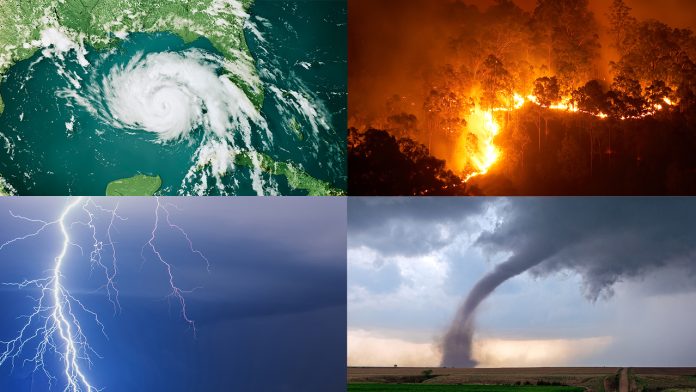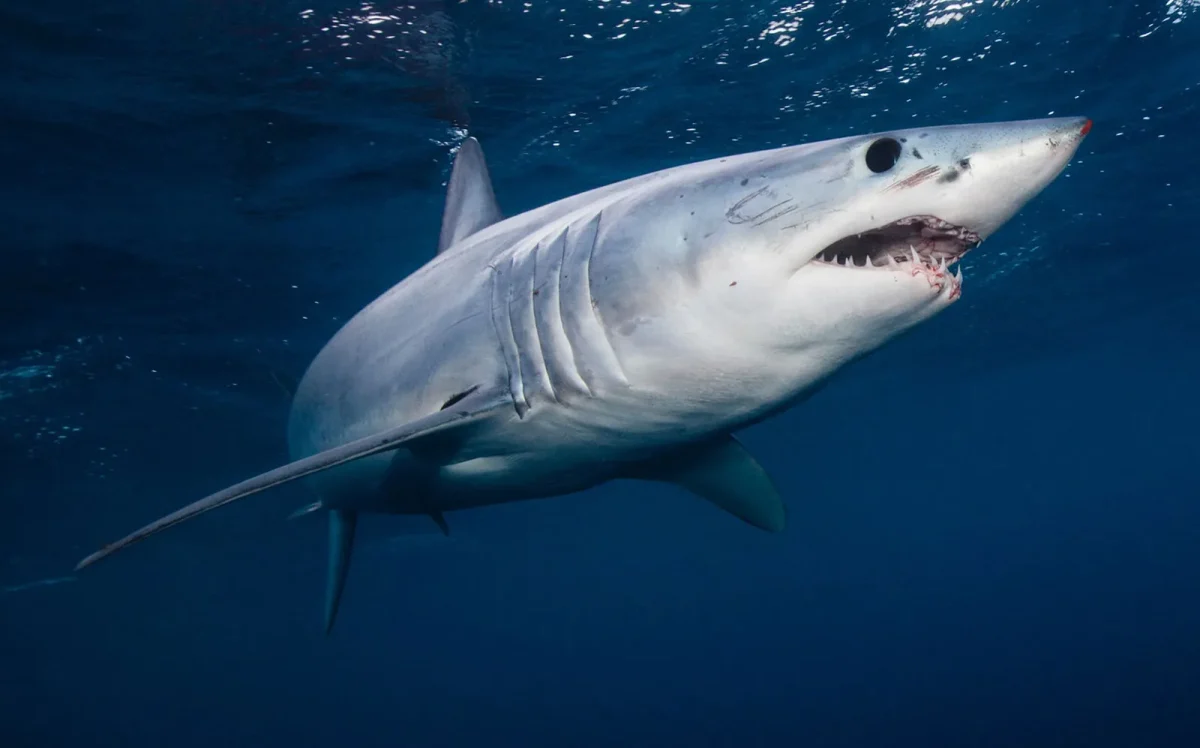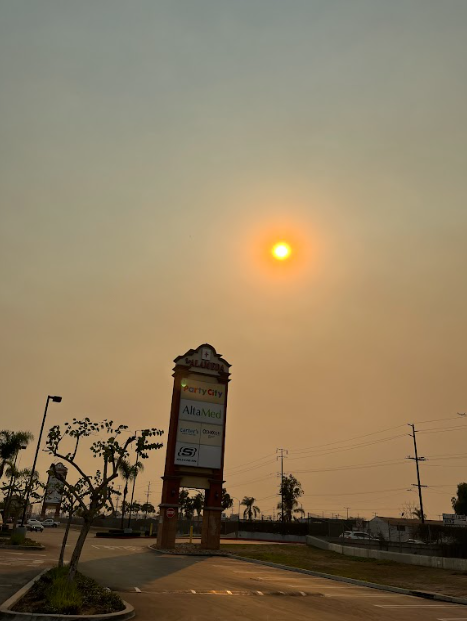
Many students are taught about climate change. They learn the long term effects it has on humans, plants and the planet as a whole. Something I’ve noticed they haven’t really talked about is how it effects the ocean’s animals.
What Is Climate Change?
Climate change refers to the long term change in weather or temperature. There are many different types of climate change. This includes air pollution, water pollution and land pollution. All of them have a serious effects on not only our lives, but the life around us as well. According to SRG.org, the global average temperature is expected to rise 1.5 degrees Celsius between 2026 and 2042 and by 2032 to 2050, the damage done to the planet will be irreversible.

Why Should We Care?
According to Secore.org, water pollution such as littering and oil spills in the ocean can affect sea animals and plants in many ways such as damage to coral reefs, migration of species to colder water and mutations to species. Coral reefs provide nursery and shelter to fish. If they were destroyed it could lead to an economic disaster and a less diverse ocean. Sea animals migrating to colder water can lead to a mass extinction event, as it has happened thousands of years ago. It can also kill these species as many of them are not adapted to the colder environment.
Mutations in sea animals can spread diseases and kill many of them due to illnesses caused by the mutation. Air pollution can also affect our oceans. According to NOAA.org, this form of harm is called “Ocean Acidification.” This happens when carbon dioxide in the air is absorbed by the sea water, causing chemical reactions and harm to fish and other sea creatures. This chemical reaction can alter food chains in the ocean, and eventual altering to food supply for us.

Causes?
According to OECD.org, both solid and liquid waste end up in the ocean. Those come from accidental or purposeful disposal into the ocean, whether it be through sewer drains or oil rigs. Another cause that also affects us is air pollution. If you’re not well informed on it, air pollution happens when smog from cars or factories, or any foreign gas that ends up in the air, is trapped by our earth’s atmosphere. This creates a greenhouse effect, earning those gases the names of greenhouse gases. These greenhouse gases eventually warm up the planet, that being global warming.
The temperature rising in the ocean eventually causes ice to melt in frozen areas, which causes the water levels to rise. This isn’t as much as a problem for marine life as it is for us. But, when the water gets warmer, the fish migrate to colder areas. This shouldn’t be a bad thing, but according to NOAA.org, there are dams built which stop the fish from leaving, causing a decline in the fish population.
How Do We Stop It?
According to Raleighnc.org, you can prevent climate change by picking up litter, which stops it from ending up in the ocean. Sweeping fertilizer back into the grass, however, doing it before it rains can allow it to wash into storm drains and waterways. Mulch or compost grass and waste from your yard. If you can’t compost, leave the waste in your yard as blowing it into the street can clog storm drains. Wash your car or other equipment where the water can drain into grass or gravel instead of in the street where it can go into storm drains. Don’t pour motor oil into storm drains, as this can harm the animals. Instead, take it to your nearest auto part store. Don’t clean spills by hosing them down, instead use and or another absorbent onto the spill. Once it is dry, put it in a garbage can.
In conclusion, doing the things stated above may not stop what’s going on immediately, but little by little, we will see a change. With the Clean Water Act, water made for fish to swim in and that are welcome to fishing has doubled according to the U.S Environmental Protection Agency. According to NRDC.org, not only have industries adapted to prevent more than 50 million pounds of toxic waste from being disposed of into the ocean, but the wetlands loss decreased a lot compared to before the Clean Water Act.






Guadalupe • Oct 21, 2024 at 12:50 pm
Water pollution can lead to animals migrating to a colder part of the ocean which could lead to extinction because most are not used to the cold environment.
Jailey • Oct 21, 2024 at 12:46 pm
I learned that water pollution like littering and oil spills can affect the ocean and the ocean animals that live there.
Dayana • Oct 18, 2024 at 10:32 am
I learned that climate change is something that really affects us and we can stop it by following the clean water act.